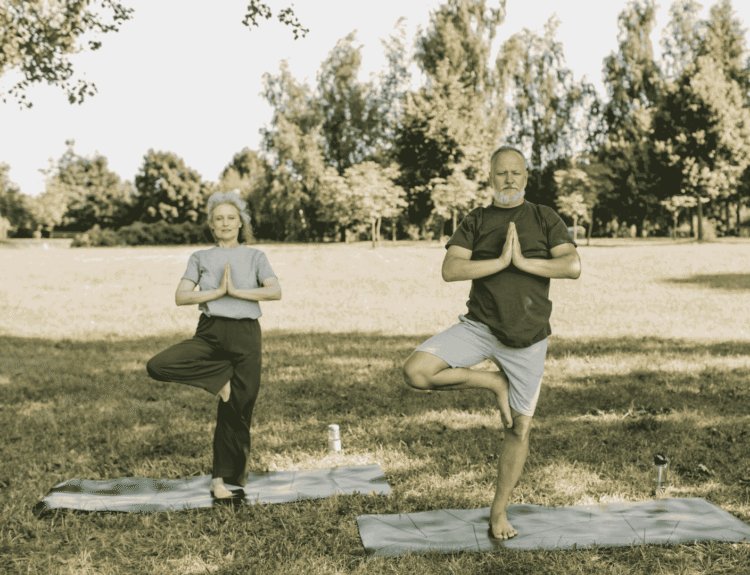Introduction
In today’s fast-paced world, mental health apps has become a critical concern for people of all ages. With increasing stress, anxiety, and depression, many individuals are turning to technology for support. Mental health apps offer accessible, affordable, and immediate assistance, making them an essential tool for emotional well-being.
This guide explores the best mental health apps available, including free options, tools for mental health professionals, apps designed specifically for teens, and opportunities to volunteer with mental health support platforms. Whether you’re seeking self-help resources, professional therapy, or ways to give back, this article provides a detailed overview of the top apps to consider.
The Rise of Mental Health Apps
Mental health apps have gained popularity due to their convenience, affordability, and ability to provide instant support. Unlike traditional therapy, which may involve long wait times and high costs, these apps offer:
- 24/7 accessibility – Help is available anytime, anywhere.
- Anonymity – Users can seek support without stigma.
- Affordability – Many apps are free or low-cost compared to in-person therapy.
- Personalization – Features like mood tracking and AI-driven recommendations tailor support to individual needs.
Research shows that mental health apps can effectively reduce symptoms of anxiety, depression, and stress when used consistently. However, they should complement—not replace—professional care for severe conditions.
Best Free Mental Health Apps
For those who need support without financial commitment, several high-quality free mental health apps are available.
1. MindShift CBT
- Focus: Anxiety management
- Key Features:
- Uses Cognitive Behavioral Therapy (CBT) techniques.
- Provides guided exercises for coping with panic, social anxiety, and perfectionism.
- Includes relaxation tools like deep breathing and mindfulness exercises.
2. Woebot
- Focus: General mental health support
- Key Features:
- AI-powered chatbot that checks in daily.
- Teaches coping mechanisms through short, interactive conversations.
- Tracks mood patterns over time.
3. Sanvello
- Focus: Stress, anxiety, and depression
- Key Features:
- Free version includes mood tracking, guided journeys, and meditation exercises.
- Peer support community for shared experiences.
- Based on clinically validated techniques.
4. 7 Cups
- Focus: Emotional support and loneliness
- Key Features:
- Free anonymous chats with trained volunteer listeners.
- Discussion forums for various mental health topics.
- Option to upgrade to licensed therapists at a cost.
Note: Some apps, like Headspace and Calm, offer free trials but require subscriptions for full access.
Top Apps for Mental Health Professionals
Therapists, counselors, and psychologists can enhance their practice with specialized digital tools.
1. Therachat
- Best for: Client engagement between sessions
- Features:
- Secure messaging and activity assignments.
- Tracks client progress and compliance.
- Integrates with existing therapy workflows.
2. SimplePractice
- Best for: Practice management
- Features:
- HIPAA-compliant teletherapy and scheduling.
- Automated billing and insurance processing.
- Customizable treatment notes and documentation.
3. Talkspace (for Providers)
- Best for: Online therapy services
- Features:
- Connects licensed therapists with clients via text, audio, and video.
- Flexible scheduling for remote counseling.
- Secure, encrypted communication.
4. PTSD Coach
- Best for: Trauma support
- Features:
- Designed for clinicians working with PTSD patients.
- Includes self-assessment tools and coping strategies.
- Developed by the U.S. Department of Veterans Affairs.
Best Mental Health Apps for Teens
Adolescents face unique emotional challenges, and these apps are tailored to their needs.
1. Happify
- Focus: Stress reduction and resilience
- Features:
- Uses games and activities to teach coping skills.
- Science-based exercises developed by psychologists.
- Engaging, teen-friendly interface.
2. MoodTools
- Focus: Depression and suicidal thoughts
- Features:
- Includes a suicide safety plan.
- Thought diary and behavioral activation tools.
- Educational resources on depression.
3. TeenCounseling
- Focus: Professional therapy for teens
- Features:
- Connects teens with licensed therapists (parental consent required).
- Secure messaging and live sessions.
- Covers issues like bullying, anxiety, and family conflicts.
4. Stop, Breathe & Think Kids
- Focus: Mindfulness for younger teens
- Features:
- Guided meditations and breathing exercises.
- Emotion check-ins with fun animations.
- Designed for ages 5-10 (also has a version for older teens).
How to Volunteer with Mental Health Support Apps
For those who want to give back, several platforms offer volunteer opportunities.
1. 7 Cups
- Role: Listener
- Requirements:
- Complete a free online training course.
- Provide empathetic, non-judgmental support.
- Commit to a few hours per week.
2. Crisis Text Line
- Role: Crisis counselor
- Requirements:
- 30-hour virtual training program.
- Handle text-based conversations with people in distress.
- Minimum 4-hour weekly commitment.
3. BetterHelp Volunteer Program
- Role: Licensed counselor
- Requirements:
- Must be a qualified mental health professional.
- Provide pro bono therapy to those in need.
4. Be My Eyes (Mental Health Expansion)
- Role: Emotional support volunteer
- Requirements:
- Assist visually impaired users with mental health challenges.
- Training provided by the platform.
How to Choose the Right Mental Health App
With so many options available, selecting the best app depends on individual needs:
- For self-help: Free apps like Woebot or Sanvello are excellent starting points.
- For professional use: Therapists should explore SimplePractice or Therachat.
- For teens: Happify or TeenCounseling provide age-appropriate support.
- For volunteers: 7 Cups and Crisis Text Line offer meaningful ways to help others.
Always consult a healthcare provider if symptoms persist or worsen.
Conclusion
Mental health apps are powerful tools that provide support, resources, and community connections. Whether you’re looking for free self-help tools, professional therapy aids, teen-friendly resources, or volunteer opportunities, there’s an app to meet your needs.
By integrating these digital solutions into daily life, individuals can take proactive steps toward better mental well-being. However, for severe conditions, always seek guidance from a licensed professional.





